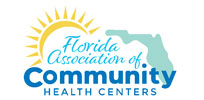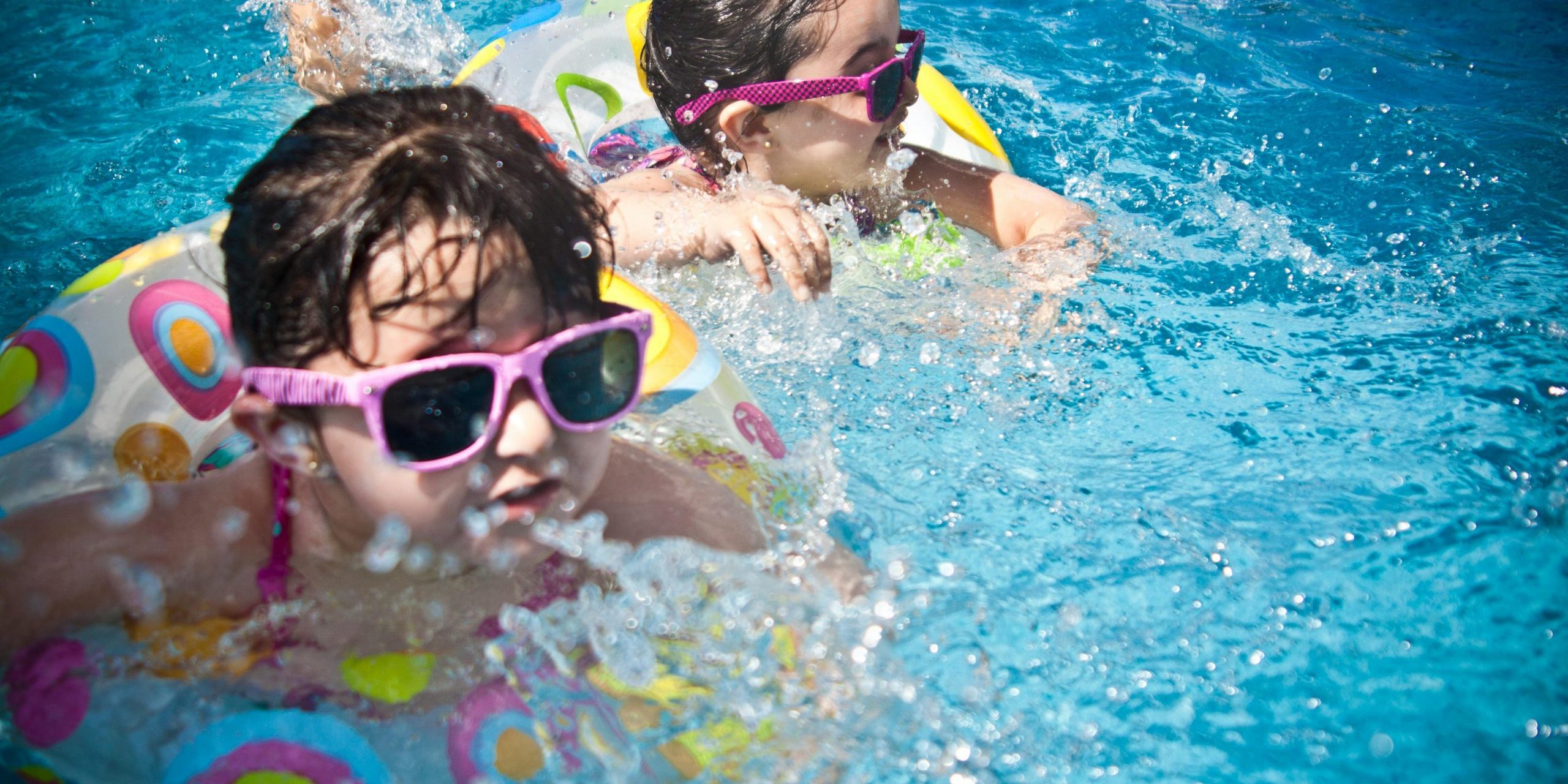Guest Blog Post by:
Dr. Adele de Vera with Healthcare Network
The carefree days of summer without school and schedules beckon children to go outside. Pool, bicycles, playgrounds! But with global warming and this year’s El Niño pushing up global temperatures, the National Weather Service predicts Florida will be warmer than usual, particularly in July and August.
How Hot is Too Hot for Children?
The American Academy of Pediatrics (AAP) doesn’t specify exact temperatures that are too hot for babies and children, but they recommend caution when temperatures rise above 90°F (or 84°F with 70 percent humidity). Temperatures above 100°F can be dangerous for anyone.
AAP advises limiting sun exposure between 10 a.m. and 4 p.m. It can take babies and children up to two weeks to acclimate to hotter temperatures, so gradually increase outdoor time as they transition from air conditioning to the outdoors.
Why Children Are More Vulnerable
Infants and children are less efficient at regulating their body temperature through sweating. They also have a higher body surface area relative to their weight, meaning they absorb more heat than adults.
Tips for Staying Safe in the Heat
- Find Shade: Whether at the park, pool, or beach, look for or bring shade with an umbrella or tent.
- Avoid Overdressing: Lightweight, light-colored clothing is best. For children under 6 months, long sleeves and pants offer sun protection.
- Stay Hydrated: Encourage drinking water and fluids to prevent dehydration.
- Plan Rest Time: Heat can make children tired.
- Cool Off with Water: Swimming or a cool bath helps keep the body temperature down.
- Use Sunscreen: Protect against UVA and UVB rays.
- Monitor Weather Conditions: Stay informed as conditions can change quickly.
Recognizing Heat-Related Illness
High temperatures and humidity can cause heat exhaustion, heat cramps, and heat stroke, which is a medical emergency. Watch for signs like:
- Heat Exhaustion: Warm skin, extreme thirst, excessive sweating, fatigue, and dizziness.
- Heat Stroke: High body temperature, hot red or damp skin, fast pulse, headache, dizziness, nausea, confusion, and passing out. If you suspect heat stroke, call 911 immediately.
Enjoying Summer Safely
Despite the heat, summer in Florida has its perks. With fewer visitors and less traffic, there’s more room to explore 663 miles of beaches, cooling springs, kayaking, tubing, scalloping, swimming pools, water parks, matinee movies, and enjoying ice cream or watermelon.
About the Author
Dr. Adele de Vera, MD, MBE, is a Board Certified Pediatrician with Healthcare Network. Serving pediatric patients since 1994, she is frequently recognized as a Castle Connolly Top Doctor. For more information, visit HealthcareSWFL.org, or call 239-658-3000 to schedule an appointment.

